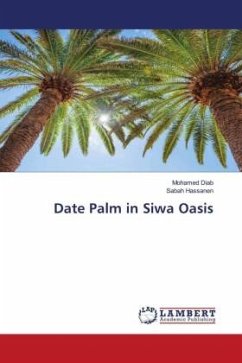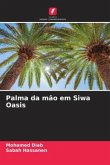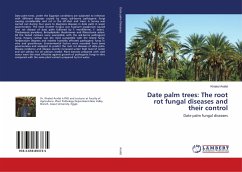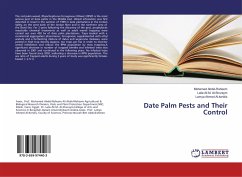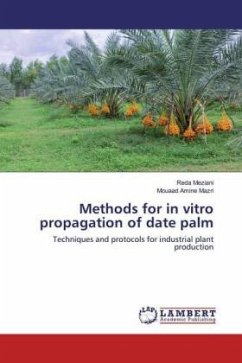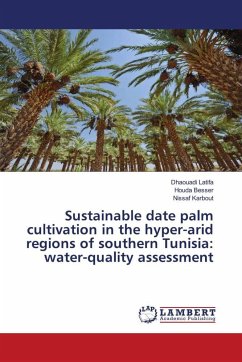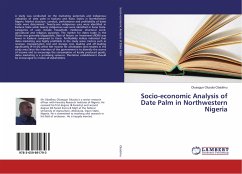Cultivation of date palms in Egypt goes back thousands of years. Moreover, the date palm tree has great economically, socioeconomic importance and nutritional value in Egypt. Its traditional use as a primary source of food and by-products and its ecological benefits in oasis agriculture make it an important fruit tree and the best crop to be cultivated. Egypt is the most productive country of date palm fruit in the world. There is a high potential for increasing the production area of date palm to fulfill local consumption in the whole country and to produce date fruits for export purposes. Recently, the Egyptian Government and private sector are striving to establish commercial date plantations, enhancing date production and developing the date palm industry in Egypt. This book proposes to recognize Siwa oasis, Marsa Matrouh Governorate (located in the northwestern Desert of Egypt) as a Globally Important Agricultural Site. For the record, Siwa is an important area rich in natural resources of plant genetic resources, especially of uniquely adapted cultivars of date palm, olive and secondary crops that are highly esteemed for their quality.
Bitte wählen Sie Ihr Anliegen aus.
Rechnungen
Retourenschein anfordern
Bestellstatus
Storno

